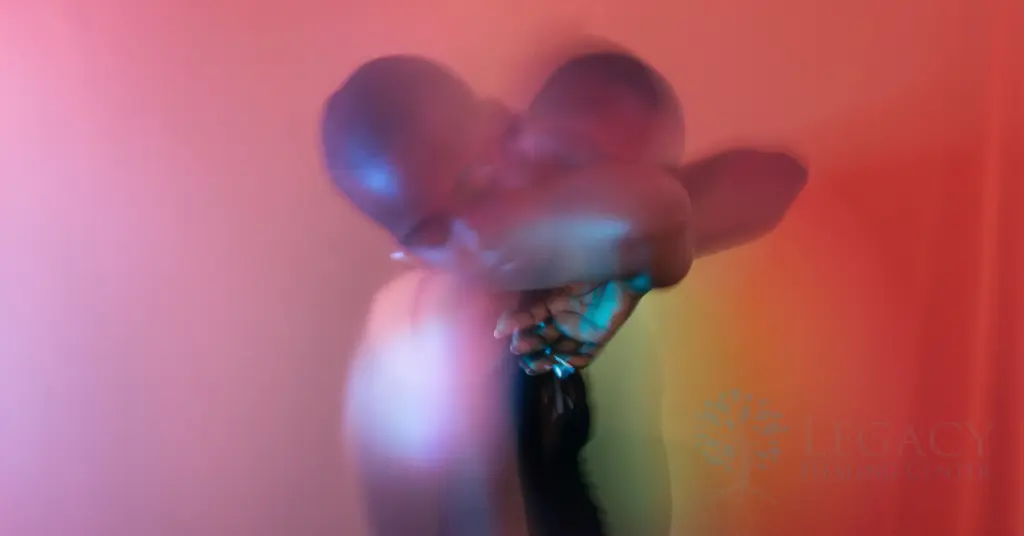
Shroom Addiction: Can You Sleep on Shrooms?
Psilocybin mushrooms, commonly referred to as shrooms, are known for their profound effects on perception, mood, and consciousness, but can a shroom addiction affect your sleep? While many explore their potential for introspection and spiritual experiences, questions often arise about how they affect the body, particularly sleep. Can you sleep on shrooms, or do their hallucinogenic effects make rest difficult? Legacy Healing Center provides insight into the relationship between shrooms and sleep, exploring whether they keep you awake, affect sleep cycles, and what to expect if you consume them before bedtime.
Do Shrooms Keep You Awake?
Shrooms, or psilocybin mushrooms, are known for their ability to alter perception and induce hallucinogenic experiences, but their impact on sleep varies from person to person. While some individuals report feeling energized or restless after consuming shrooms, others may experience fatigue or drowsiness as the effects wear off. The stimulating nature of the trip often depends on the dosage, mindset, environment, and the user’s unique body chemistry. Higher doses, in particular, may lead to an intensified sensory experience, making it difficult to relax or fall asleep during the trip’s peak.
However, as the active effects subside, many users describe a sense of mental exhaustion, which can facilitate sleep. It’s important to note that shrooms, or a shroom addiction, can also induce anxiety or a racing mind for some, further complicating the ability to rest. The aftereffects of a psilocybin trip may also linger, leading to vivid dreams or disrupted sleep patterns. If you’re considering using shrooms, understanding how they interact with your body and mind is crucial for determining their potential impact on your sleep.
How Shroom Addiction Affects Sleep Patterns
Psilocybin mushrooms can significantly influence sleep patterns, both during use and in the period that follows. As part of the broader discussion on the effects of addictive drugs on sleep and sleep stages, psilocybin stands out due to its interaction with serotonin receptors in the brain—critical components in the regulation of sleep. Users often report experiencing unusually vivid or even lucid dreams once the psychedelic effects wear off, while others notice disruptions to their normal sleep cycles. These effects vary based on several factors, including the dose consumed, the time of ingestion, and the individual’s mental and emotional state beforehand.
Effects of sleeping on shrooms include:
- Altered Dream States: Many users report heightened dream activity, including vivid dreams, as psilocybin can influence the brain’s default mode network and dream processing.
- Delayed Sleep Onset: Due to the stimulant and hallucinogenic effects of mushrooms, falling asleep during the trip’s peak can be challenging.
- Sleep Disruptions: Some individuals experience the effects of fragmented sleep, waking up multiple times during the night and struggling to maintain a consistent sleep pattern.
- Mental Fatigue: After the effects wear off, users may feel mentally drained, which can either promote deep sleep or make it difficult to unwind.
While psilocybin mushrooms can interfere with the natural progression of sleep, they may also lead to a heightened sense of introspection that impacts an individual’s mental state during rest. Recognizing the signs of mental illness and understanding how these effects vary is crucial, especially for those seeking mental health services programs. This is particularly important if sleep quality becomes a concern, as the effects can be both positive and disruptive.
Learn More About Our Shroom Addiction Treatment Options
Psilocybin mushrooms can significantly influence sleep, with effects that vary from person to person. While some individuals may experience vivid dreams or restless nights, others find themselves mentally drained and more likely to fall asleep once the trip subsides. Understanding how shrooms interact with your body is essential, especially if sleep quality is a concern. Although shrooms are not chemically addictive, they can lead to psychological dependence in some cases, which is why it’s important to approach their use cautiously.
At Legacy Healing Center, we specialize in helping individuals overcome various forms of addiction. While we do not currently offer programs specifically for shroom addiction, we provide a wide range of addiction treatment options for other substance use disorders, including alcohol, opioids, and stimulants. Our shroom addiction treatment and detox programs offer a safe and supportive environment to begin the recovery process, and our comprehensive approach to treatment ensures ongoing care tailored to your needs.
For more information, visit our blog or contact us today to learn more about our services and how we can support your journey to a healthier, substance-free life.






 Verify Insurance
Verify Insurance